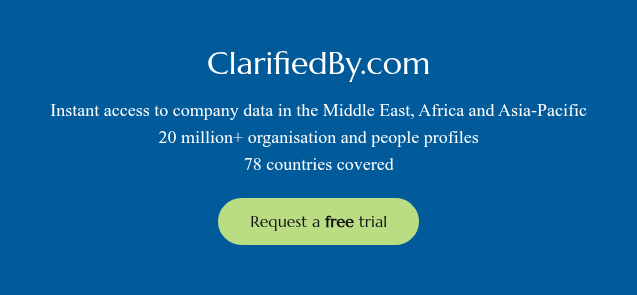Clarity Talks – An interview with… Dalal Fanchaouy, Business Analyst
Read moreBlockchain and compliance
Everybody’s talking about blockchain. Or to use its less catchy alternative name, distributed ledger technology (DLT). It’s the latest thing, and everyone wants a part of it – so much so that a company only needs to mention blockchain and its value immediately soars, as happened to the soft drinks company Long Island Iced Tea Corp that recently re-branded itself as the Long Blockchain Corp. First brought into the mainstream by the cryptocurrency Bitcoin with its controversies and rollercoaster valuations, blockchain has in fact been a work in progress for many years. And, setting aside the hype and the froth, it is clear that blockchain’s ability to transmit encrypted information across a wide network has the potential to transform a wide variety of business processes, from supply chain management to insurance to compliance.
In the wake of the financial crisis and various reputational scandals, banks and large organisations are spending billions of dollars on their anti-money laundering (AML) and know your customer (KYC) processes. Yet they remain time-consuming, inefficient and arguably unsustainable from a cost perspective. If someone were to suggest an alternative system in which key details were verified quickly and accurately, in a way that protects the privacy of everyone involved in the process, you might think it sounds too good to be true. Yet that is exactly what blockchain promises, and the reality is not far away.
So how does it work? Blockchain is essentially an information or asset database that is shared across a large network including different countries and companies, accessible by nodes (participants). Within this chain, the database cannot be deleted or amended but only added to, reducing, in theory, the possibility of misleading or incorrect information. With this in place, blockchain encourages a culture of trust and transparency between the various ledgers and their nodes. It becomes an instant provider of information, cutting out the middle man or intermediary that may slow the process down. Its decentralised nature removes the single point of failure or risk and allows all ledgers, regulators and nodes to oversee every single step of the process.
The application and benefits of blockchain to compliance are clear but obstacles remain, not least the fact that its success relies on widespread adoption of the technology by the financial institutions, information providers and governments involved. In the MENA region, where governments can still be reluctant to open up sources of information like a corporate registry to the public, it is hard to see them making a leap straight to a blockchain-enabled future. That said, the UAE – a country which has a record of embracing the latest in technology – has already started its implementation of blockchain with the Dubai Land Department which now records all real estate contracts, lease registrations, and tenancy contracts’ information in this way without the need for individuals to visit the offices of government departments each time.
What does this mean for information providers like Diligencia? Are our days numbered because there is no place for intermediaries in a blockchain-enabled world? Thankfully, we think not. We believe there will always be a requirement for an independent point of reference to verify and validate information, as well as an inherent need for a bridge between the official source and the consumer, to interpret and provide context if nothing else. No doubt the way we research and interact with our stakeholders will change, but the potential benefits could be enormous – an opportunity for governments, information providers and companies to work together hand-in-hand to ensure accurate and reliable data is shared more widely. Come to think of it, Diligencia Blockchain Limited does have a certain ring to it….
